Africa is a continent teeming with untapped riches, a veritable treasure trove of critical minerals that hold the key to the world's transition to a low-carbon energy future.
Like a seed waiting to sprout, Africa's vast reserves of transition metals - cobalt, nickel, manganese, and chromium - are ready to burst forth and unleash their full potential, powering wind turbines, solar panels, and electric vehicles, and paving the way for a sustainable energy future.
With Morocco holding 70% of the world’s phosphate reserves, DRC having 50% of the world’s cobalt, Gabon having up to 15% of the world’s manganese, and South Africa having 91% of the world’s platinum, 46% of its yttrium, 22% of its manganese, 35% of its chromium, and 16% of its vanadium, Africa has at least a fifth of the world’s reserves in a dozen minerals that are critical for the energy transition, according to the Natural Resource Governance Institute (NRGI) Triple Win report.
The wider southern African region is home to substantial untapped lithium resources, used primarily in the construction of lithium-ion batteries for electric vehicles and grid-scale storage.
The World Bank has found that production of graphite, lithium, and cobalt will need to be ramped up to 3.1 billion tons by 2050, up more than 450% from 2019 levels, to meet the demand from energy and energy storage technologies, in order to keep global heating below 2°C by mid-century.
The exploitation of these critical minerals will raise many challenges, both new and familiar, and Africa’s policymakers will have to navigate fierce geopolitical competition, drive a hard bargain with miners over investment and royalties, and support domestic industries to ensure that value is captured on the continent. They will also need to manage environmental risks, develop regulation, and ensure that projects commence in time for the crucial phase of the energy transition.
However, the "resource curse" that has defined Africa's relationship with the extractive industries in the post-colonial era has ensured that value is more often shipped abroad than retained at home. To ensure that value is captured on the continent, Africa must develop sustainable value chains for critical minerals, which are defined as value chains that are economically, socially, and environmentally sustainable.
To achieve sustainable value chains for critical minerals in Africa, the following recommendations are urgently needed:
-
Education and training: Governments can invest in education and training programmes to provide the workforce with the necessary skills and knowledge to exploit critical minerals in a sustainable manner. For example, governments could establish vocational training programmes or partner with universities to offer specialised courses in critical minerals extraction and processing. These programmes could also focus on developing new technologies and sustainable practices, such as the use of renewable energy sources and environmentally-friendly extraction methods. This will ensure that the workforce is equipped with the necessary skills and knowledge to drive the critical minerals industry forward in a sustainable manner.
-
Supporting local businesses: Governments can support local businesses by providing financing and other incentives, as well as promoting sustainable practices that protect the environment. For example, governments could establish a loan programme specifically for local businesses involved in the critical minerals industry, or offer tax incentives for companies that adopt environmentally-friendly practices. This will help to create a supportive environment for local businesses, which will in turn lead to the development of a sustainable critical minerals industry.
-
Technological Innovation: The private sector should play a key role in driving technological innovation in the critical minerals industry. For example, companies could invest in research and development to develop new extraction and processing methods that are more efficient and environmentally-friendly. Additionally, companies could adopt new technologies, such as automation and robotics, to improve the efficiency and sustainability of critical minerals extraction and processing. This will help to ensure that the critical minerals industry remains competitive and sustainable in the long term.
-
Policymaker engagement: Youth, communities, civil society organizations (CSOs), non-governmental organizations (NGOs), and individual citizens can help to raise awareness about the importance of critical minerals and the need for a sustainable energy future by engaging with policymakers. For example, youth and communities could organize public events and workshops to raise awareness about the importance of critical minerals and the need for sustainable practices. CSOs, NGOs, and individual citizens could engage with policymakers through written submissions, public meetings, and other forms of advocacy to encourage the adoption of clean energy technologies and other sustainable practices in the critical minerals industry.
-
Sustainability: The private sector should take the lead in promoting sustainable practices in the critical minerals industry. For example, companies could adopt clean energy technologies, such as solar or wind power, to reduce their carbon footprint and minimise their impact on the environment. Companies could also support local businesses by purchasing inputs from them and engaging with communities to ensure that their interests are taken into account. This will help to ensure that the critical minerals industry remains sustainable in the long term, and that communities and the environment are protected.
-
Community participation: Communities can benefit from the exploitation of critical minerals by participating in sustainable value chains. For example, communities could receive training and education to understand the opportunities and challenges associated with critical minerals, and how they can contribute to a sustainable critical minerals industry. Communities could also participate in the development of sustainable value chains by providing inputs, such as labour and land, and receiving a share of the profits generated by the critical minerals industry. This will help to ensure that communities are fully engaged and benefit from the exploitation of critical minerals in a sustainable manner.
-
Youth opportunities: Governments and the private sector should work together to create opportunities for young people in the sustainable value chain of critical minerals. This will help to drive wealth and employment for youth in Africa and ensure the long-term sustainability of the critical minerals industry. For example, governments could establish youth-focused training and education programmes to equip young people with the skills and knowledge necessary to participate in the critical minerals industry. The private sector could also play a role by providing internships, apprenticeships, and job opportunities for young people in the industry. In addition, the private sector could invest in youth-led startups and small businesses in the critical minerals sector, providing them with the support and resources they need to succeed. This will help to foster a new generation of entrepreneurs and business leaders who are committed to sustainable practices and the responsible exploitation of critical minerals.
By creating opportunities for youth in the sustainable value chain of critical minerals, governments and the private sector can drive wealth and employment for young people in Africa, and ensure the long-term sustainability of the critical minerals industry.
The exploitation of Africa's vast reserves of critical minerals is a treasure trove waiting to be unlocked, a veritable goldmine of opportunities for the continent and the world. By developing sustainable value chains, Africa can harness its mineral wealth to power the world's transition to a low-carbon energy future, while reaping the benefits of sustainable economic growth, job creation, and environmental protection.
Like a tree that starts as a small seed and grows into a mighty oak, Africa's critical minerals has the potential to transform the continent, providing a foundation for sustainable development and a bright future for generations to come. It is up to Africa's policymakers, the private sector, youth, communities, CSOs, NGOs, and individual citizens to take advantage of this unique opportunity and cultivate a sustainable energy future for all.
In the words of African proverb, "If you want to go fast, go alone. If you want to go far, go together." It is time for Africa to come together and unlock its treasure trove of critical minerals, embarking on a journey towards a sustainable energy future for all.



.jpg?ext=.jpg)

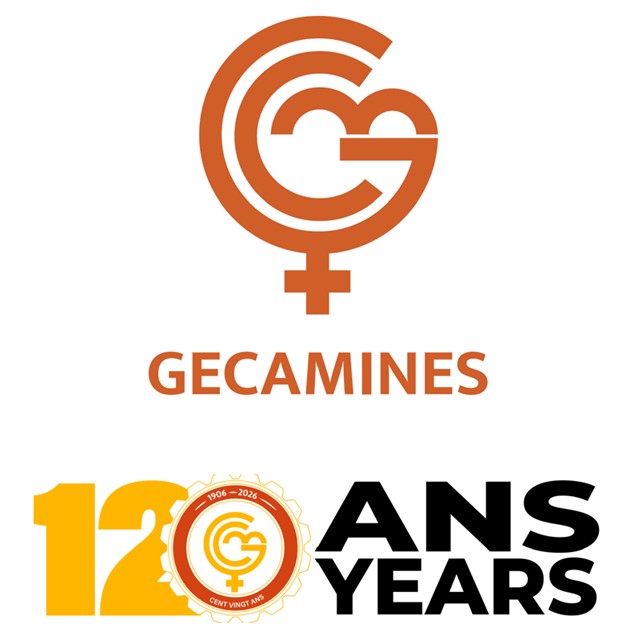
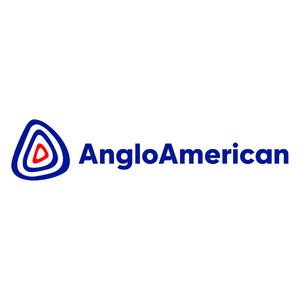

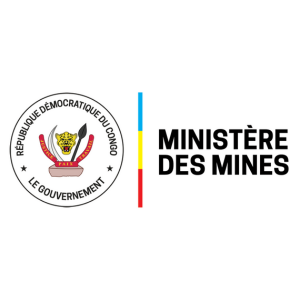



-Logo_CMYK_1.jpg?width=1000&height=500&ext=.jpg)







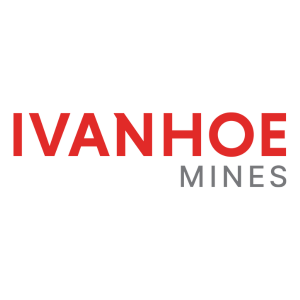



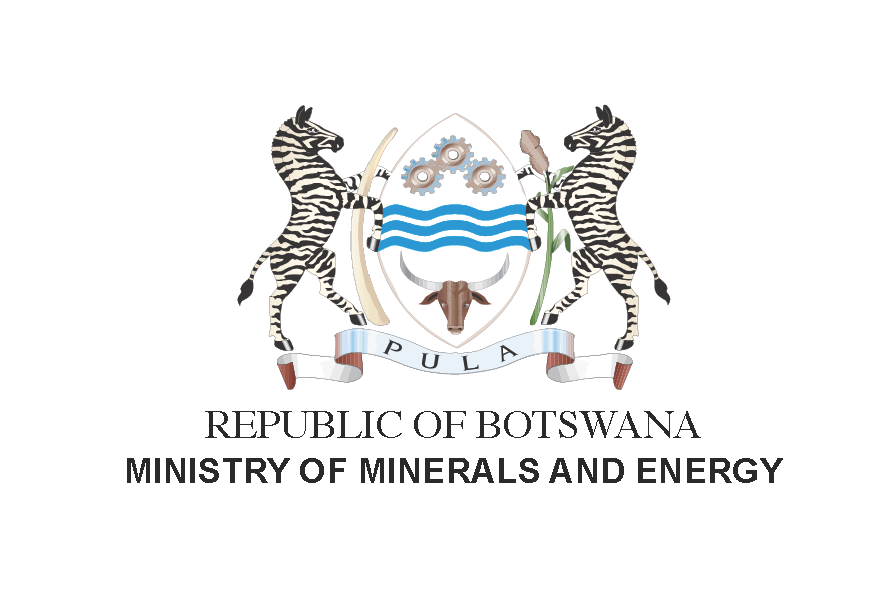.png?width=300&height=208&ext=.png)
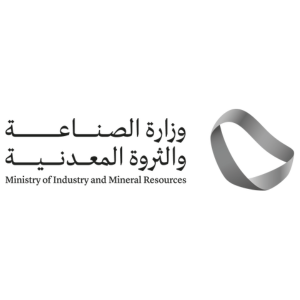
_mi25-weblogo.png?ext=.png)

_1.png?ext=.png)






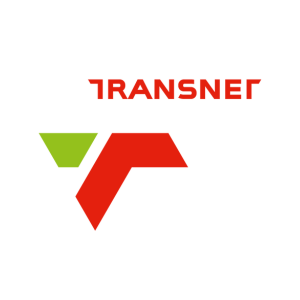












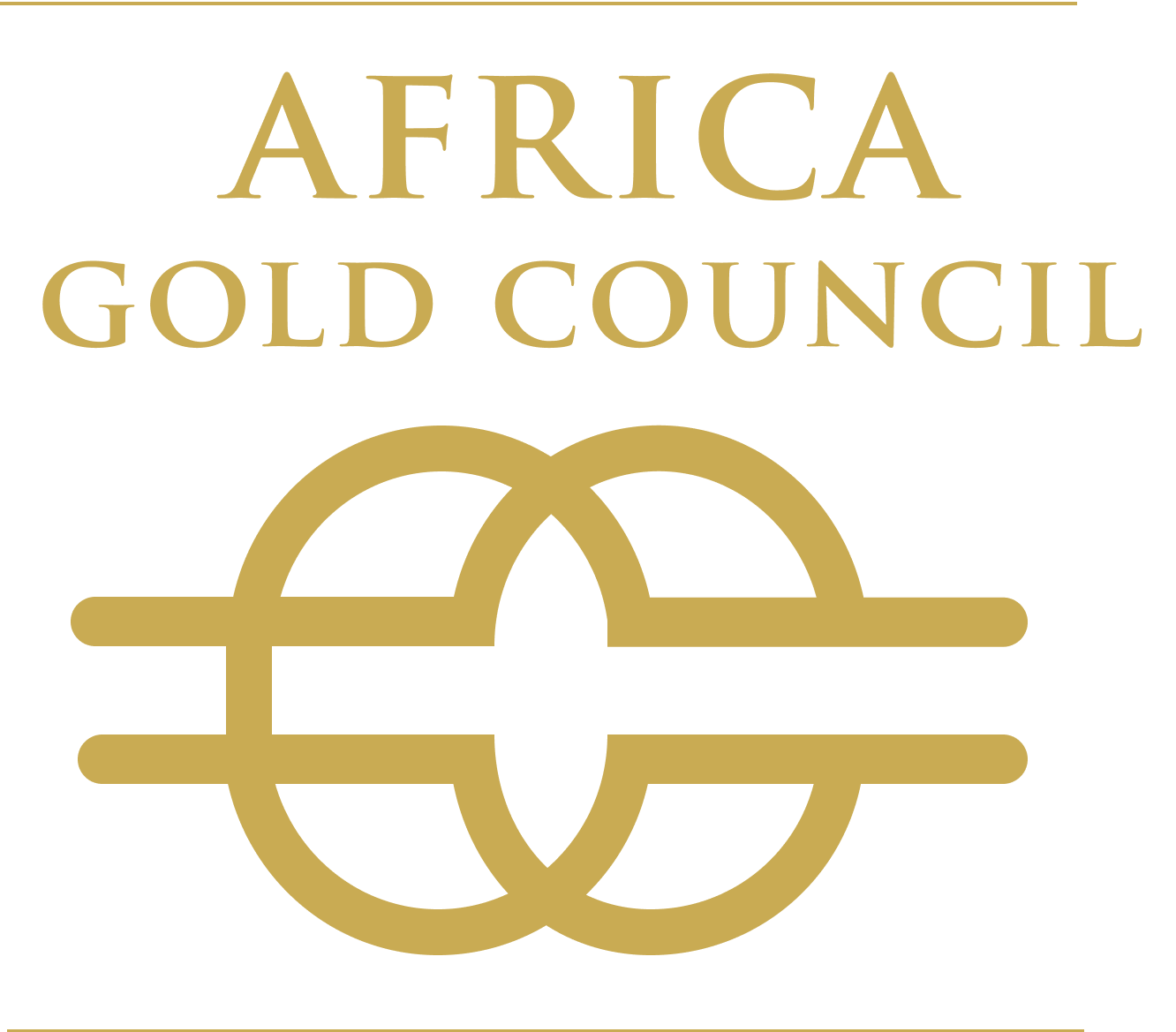















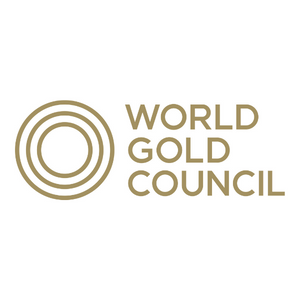
_logo.png?ext=.png)

_mi25-weblogo.png?ext=.png)




